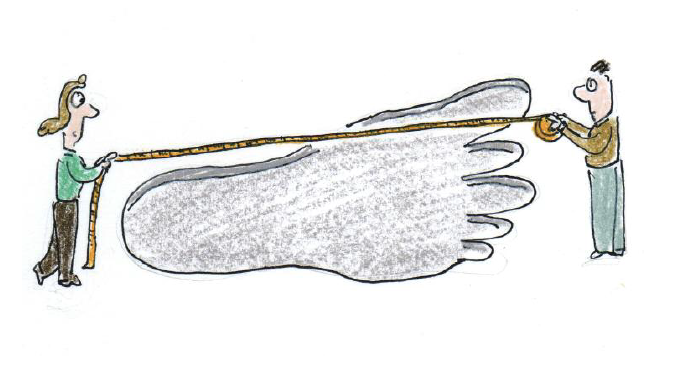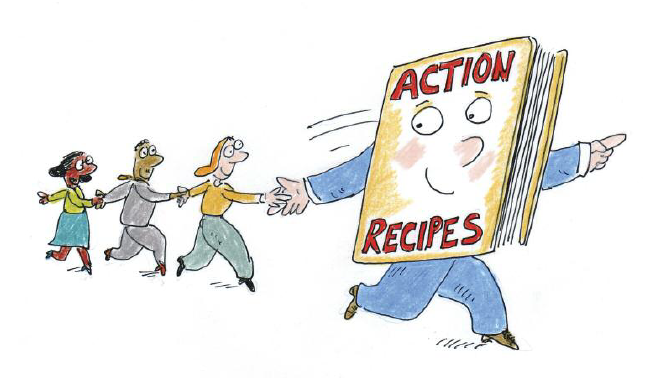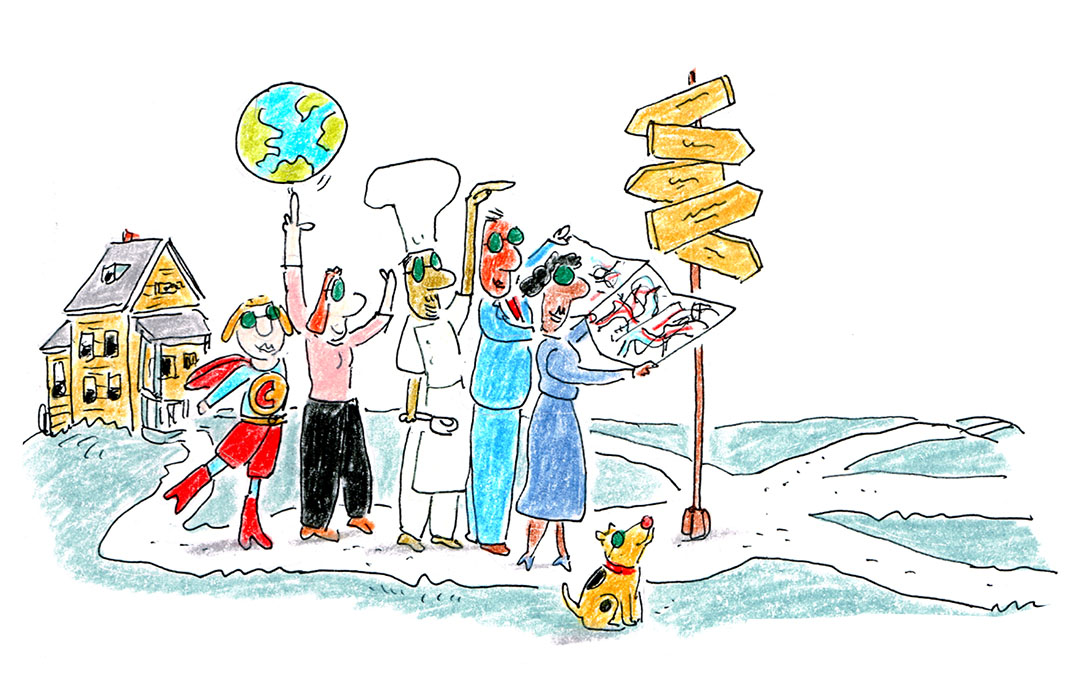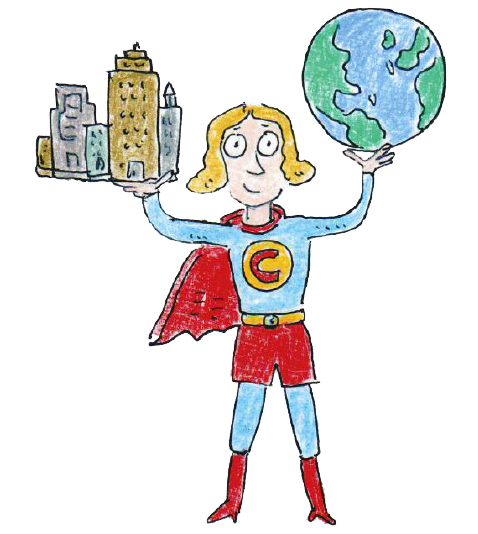The living world is built on carbon.
Plants and animals are made of carbon. Carbon dioxide is breathed out by humans and other animals, and breathed in by plants. It is also absorbed and released by the earth’s lands and oceans. Indeed, carbon makes the world go 'round!
So why do we need to reduce carbon?

Our modern lifestyles have come to depend on the direct and indirect burning of fossil fuels -- gasoline, coal, jet fuel, oil, propane and natural gas. These fuels are made from ancient carbon which accumulated when plants and animals died and were stored under pressure underground. When we burn them for energy, they release carbon dioxide, or CO2, into the air.
While fossil fuels took millennia to form, in our energy-hungry industrial, material and high-tech world they take only centuries to burn. We have all collectively burnt a lot of fossil fuels over a short period of time - more than is taken up by our planet's CO2-breathing plants, or absorbed by its CO2-absorbing lands and oceans.
The result of excess CO2 and other "greenhouse gases" in the air is a warming of the atmosphere - causing extreme and unpredictable climate conditions, referred to as “climate change”, which contributes to an increased frequency of weather-related disaster, while also changing the weather patterns and natural systems many local economies depend upon.
This is not the first time the earth's climate has changed quickly, but it is the first time since humans were on earth. Unlike the others, this climate change is aggravated by human activity's disruption of the earth's carbon cycles. The good news is that we can do something about reducing the carbon we put into the atmosphere, by making smart choices reflecting what we know now.
What can we do?
 To restore the balance needed for a stable and healthy environment, we need to use our CO2-emitting fossil fuels much slower, and protect and build up our CO2-absorbing plants, lands and oceans much faster. In this way, we can collectively reduce our “carbon footprint”. The Cool Block program will show you how you can do your part.
To restore the balance needed for a stable and healthy environment, we need to use our CO2-emitting fossil fuels much slower, and protect and build up our CO2-absorbing plants, lands and oceans much faster. In this way, we can collectively reduce our “carbon footprint”. The Cool Block program will show you how you can do your part.
The happy surprise – by doing this together with your neighbors and in partnership with your community, your household’s quality of life often goes up even as your energy consumption goes down!
Our action can activate the larger system.
As households begin lowering their carbon footprint, we collectively build demand for renewable energy and other green technologies, thus accelerating their ability to go to scale. We also build demand for climate-friendly policy and regulation. Our demand both activates and supports the larger systems which need to change.


